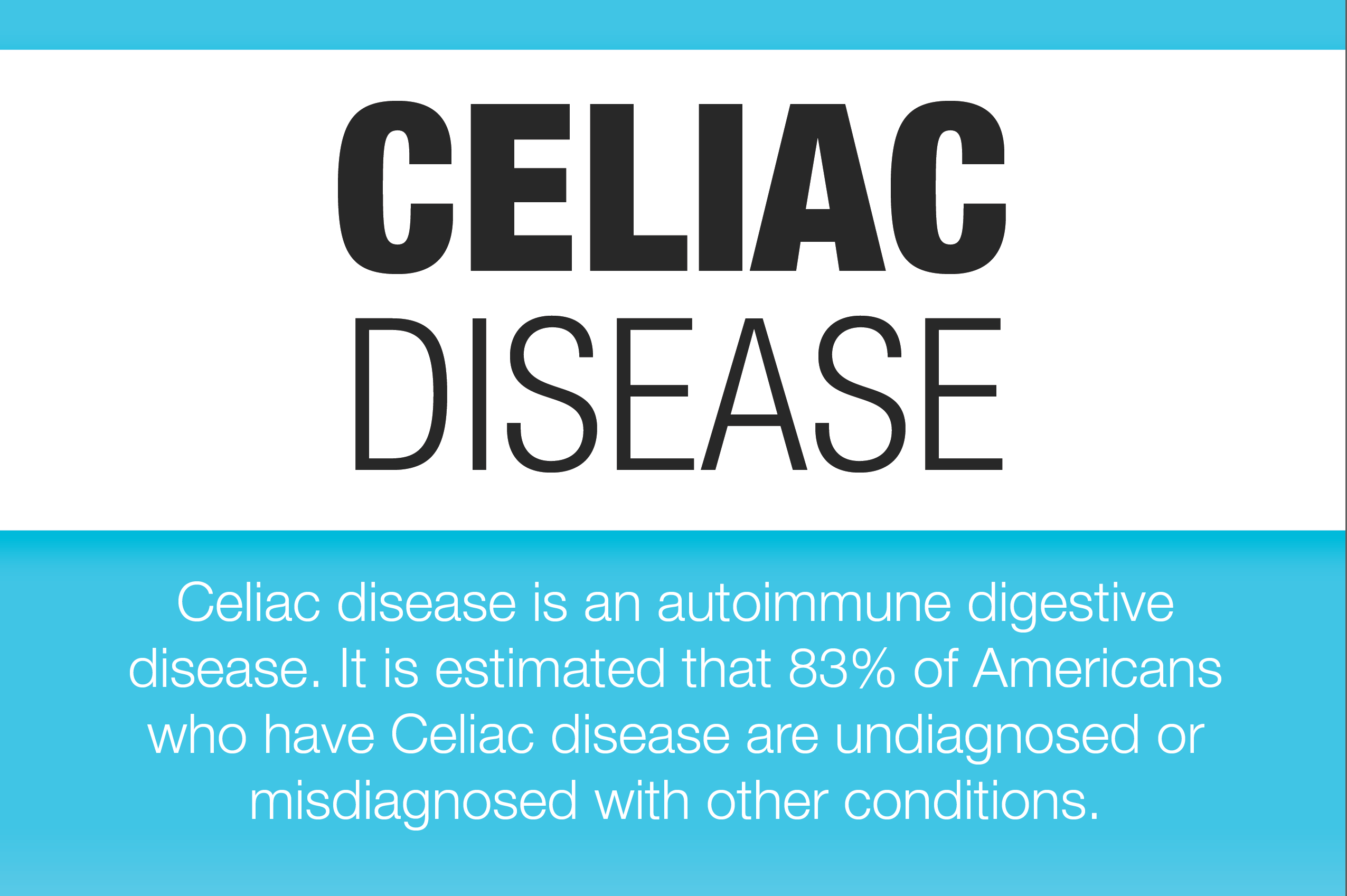Celiac Disease
At Granite Peaks Gastroenterology, we diagnose and treat Celiac Disease in our convenient Utah locations, and help those suffering with Celiac Disease understand and take control of their condition. Celiac Disease is an autoimmune digestive disease that damages the villi of the small intestine and interferes with absorption of nutrients from food. The consumption of gluten also aggravates the small intestines creating chronic inflammation. Gluten is found primarily in wheat, barley, and rye. (Gluten may show up in unlikely places like salad dressings, Ketchup, BBQ sauces, etc.)
